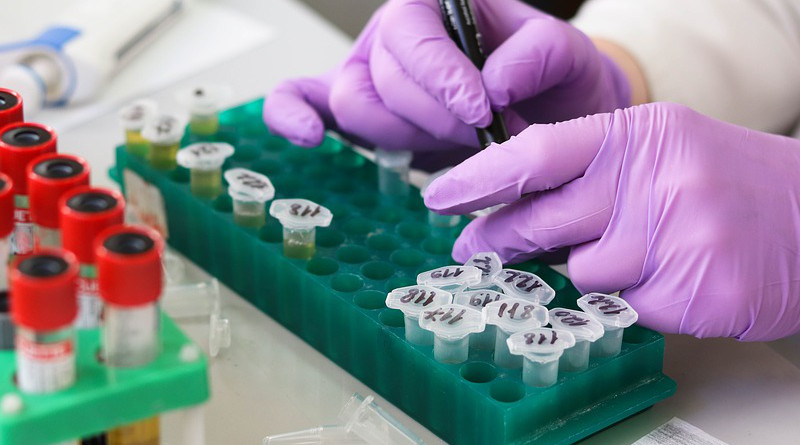Waiting For A Vaccine And The Collaborative Research Alternative – OpEd
By Dean Baker
It seems increasingly likely that China will begin providing vaccines to its own people, as well as those in some other countries, by December, and possibly as early as next month. The prospect of a vaccine being available that soon has to look good to people here, now that the Trump administration’s pandemic control efforts have completely failed. The whole country would like to get back to normal, but that doesn’t seem like a serious possibility until we have an effective vaccine widely available.
It seems China’s leading vaccine makers got ahead of the ones in the U.S. and Europe by using the old-fashioned dead virus approach to developing a vaccine. This is well-known technology that they were apparently able to quickly adapt for a vaccine providing protection against the coronavirus. This allowed for them to get into the field sooner with large-scale Phase 3 tests. It also has apparently created fewer issues with side effects than the mRNA vaccines being pursued here. In addition, the dead virus vaccines do not require super-cold storage, like the mRNA vaccines. That will be a huge problem in the developing world, but also a serious logistic problem even in the United States.
China has followed a path of questionable safety in carrying out large-scale vaccination on emergency use authorization. The people being vaccinated were not just frontline workers in hospitals at high risk of catching the virus, but also students traveling abroad and others who were not in obviously high risk categories. Several hundred thousand people have now received one of China’s vaccines on this basis.
While we may not approve of China’s lax standards, we can still learn from its experience. At this point, we can be fairly well assured that its leading vaccines do not have harmful short-term side effects.
If the United States had pursued a route of open collaborative research, we would now be in a position to start mass producing China’s leading vaccines and distributing them as soon as evidence of their effectiveness was sufficiently established to satisfy the Food and Drug Administration’s (FDA) standards for approval. Collaborative research would have meant that all the results from clinical trials were freely shared as soon as they were available. This means that we would have the results at the same time as China’s health safety agency, and of course companies here would be free to run their own trials with China’s vaccines.
This sort of collaboration would have had to have been negotiated. Donald Trump, with his “America First” rants had no interest in international collaboration and therefore never tried to negotiate any plan for open research with equitable cost-sharing across countries. Unfortunately, leading Democrats, with their determination to use patent monopolies to increase inequality, never sought to raise the issue either.
As a result of this failed leadership, we may be waiting months longer than necessary for our lives to get back to normal. This will mean tens of thousands of avoidable deaths and hundreds of thousands of avoidable infections, but hey, at least we preserved the idea that we need government-granted patent monopolies to finance research. And, we can create many high-paying jobs for economists and policy types trying to figure out ways to combat inequality.
This article first appeared on Dean Baker’s Beat the Press blog.

